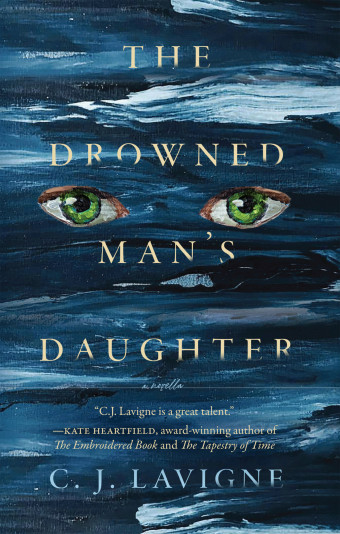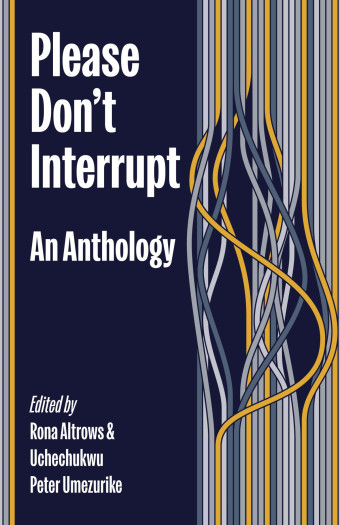Eavesdropping. Polite society frowns upon it. Parents raise their kids to not listen in on other people’s conversations. What if a researcher challenged these accepted norms and used the power of eavesdropping in a project to collect these bits of other people’s lives to generate new data on public opinion?
Bill Harcourt, a social attitudes researcher in Rosie Chard’s new novel The Eavesdroppers, does just that.
_1_800_809_90.jpg)
Chard’s desire to study anthropology was a result of her interest in societies and how they work. The subject matter covered in her newest novel is born of the same place.
The premise of the story is based on two historical projects, according to Chard: the concrete sound mirrors built at Denge on the south coast of England in the 1920s and the Mass Observation social research project, which began in Britain in 1937 and used a variety of observational methods to record everyday life.
Chard, a former Winnipegger now based in Brighton, England, says the inspiration of the Mass Observation project is particularly key as its archives revealed “snippets of unguarded conversation, something beguiling about the era and culture in which the words were uttered.” It inspires her character, Bill Harcourt, to pursue his own project.

- The Eavesdroppers
- Rosie Chard
- NeWest Press
- $20.95 Paperback, 320 pages
- ISBN: 978-19-88732-44-2
Chard describes Bill, in part, as an “almost mythical reasonable man against whom things can be measured.”
And his aforementioned project originates from several sources: “a new awareness of the power of hearing after eye surgery, a feeling of insignificance and petty resentment on returning to the office after his operation, and inspiration gleaned from the Mass Observation research project itself.”
When Bill puts his team of eavesdroppers together and sets them on their path, Chard says he “ignites flickers of extraordinariness, not only in the people he gathers together, but in himself.”
That extraordinariness turns into obsession as team members, each given their own story, become increasingly intertwined in, and endangered by, the power of the experiment and the lives on which they are spying.
Privacy, both the power and illusion of it, is at the core of The Eavesdroppers. As Chard says, “The question of privacy has been brought into a different perspective by the emergence of social media.”
Chard is particularly interested, not so much in the way that we give away our secrets, but more in “what it is about the secret that we reveal.”
But it’s always been a topic of conversation, even in the early part of the 20th century when the Mass Observation project was happening.
Chard used some of the same methods as the project when doing research for the novel – snippets of conversations she picked up over a period of three years made their way into the writing.
Privacy is as much about keeping secrets as it is anything else. Chard is particularly interested, not so much in the way that we give away our secrets, but more in “what it is about the secret that we reveal.”
People openly express those secrets in public on the assumption that no one else is listening. The author hopes her readers, through experiencing the profound effects that listening has in this novel, "might think about the significance of the listening sense in a fresh way after reading it."













